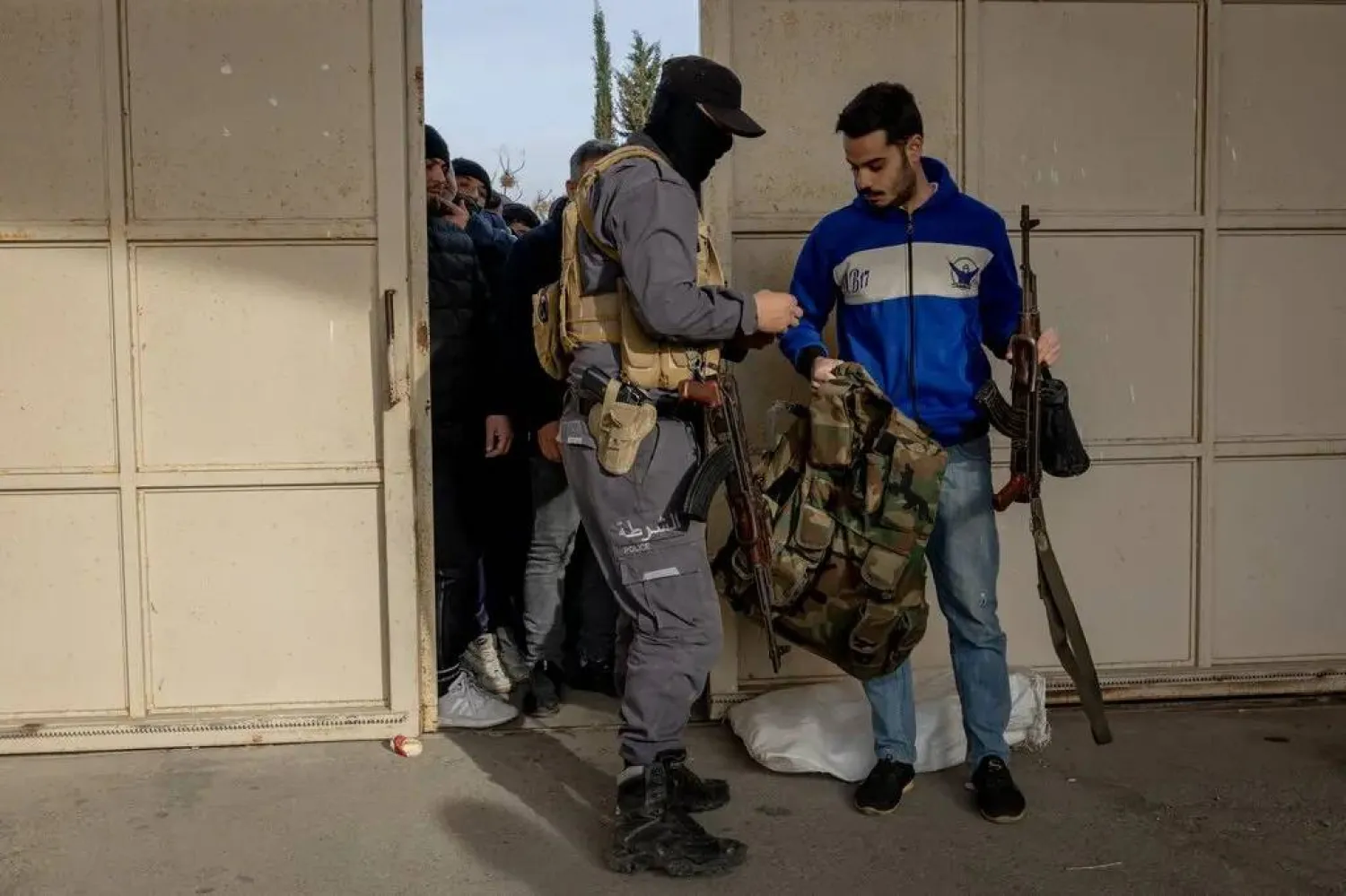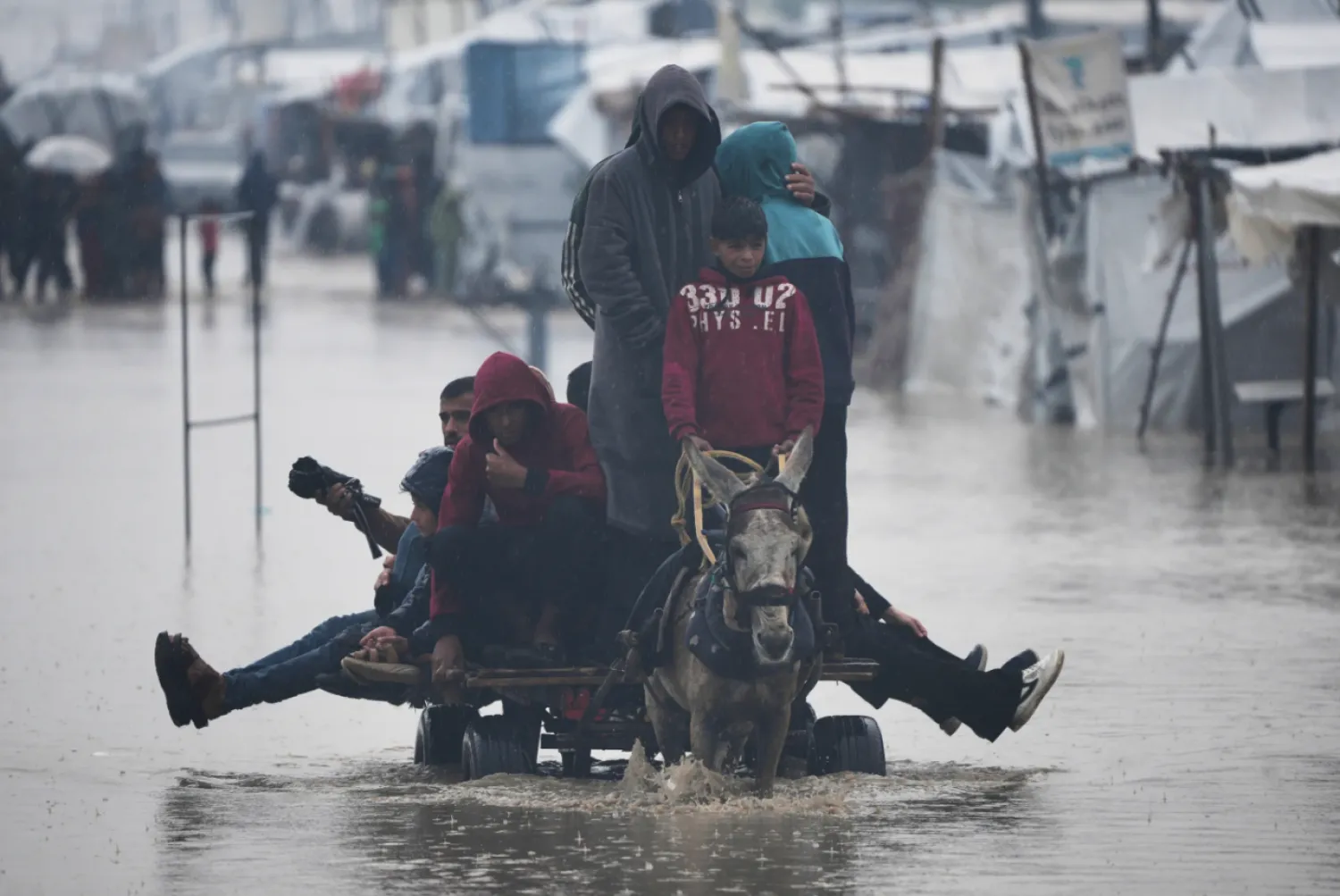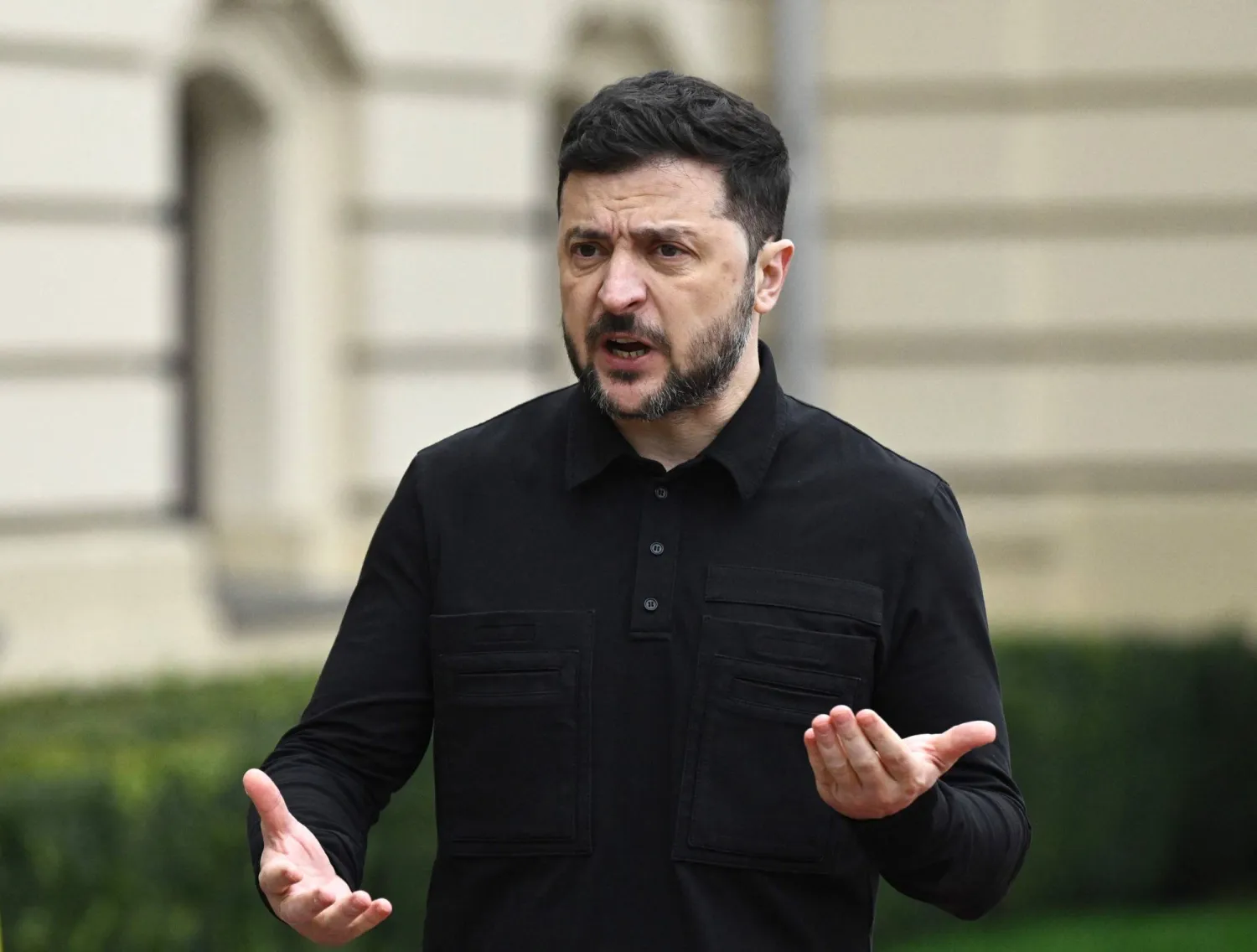Old foes Türkiye and Greece will test a five-month-old friendship initiative Monday when Greek Prime Minister Kyriakos Mitsotakis visits Ankara.
The two NATO members, which share decades of mutual animosity, a tense border and disputed waters, agreed to sideline disputes last December. Instead, they’re focusing on trade and energy, repairing cultural ties and a long list of other items placed on the so-called positive agenda, The Associated Press said.
Here’s a look at what the two sides hope to achieve and the disputes that have plagued ties in the past:
FOCUSING ON A POSITIVE AGENDA Mitsotakis is to meet with Turkish President Recep Tayyip Erdogan in Ankara on Monday as part of efforts to improve ties following the solidarity Athens showed Ankara after a devastating earthquake hit southern Türkiye last year.
The two leaders have sharp differences over the Israeli-Hamas war, but are keen to hold back further instability in the eastern Mediterranean as conflict also continues to rage in Ukraine.
“We always approach our discussions with Türkiye with confidence and with no illusions that Turkish positions will not change from one moment to the next,” Mitsotakis said last week, commenting on the visit. “Nevertheless, I think it’s imperative that when we disagree, the channels of communication should always be open."
“We should disagree without tension and without this always causing an escalation on the ground," he added.
Ioannis Grigoriadis, a professor of political science at Ankara’s Bilkent University, said the two leaders would look for ways “to expand the positive agenda and look for topics where the two sides can seek win-win solutions,” such as in trade, tourism and migration.
EASY VISAS FOR TURKISH TOURISTS Erdogan visited Athens in early December, and the two countries have since maintained regular high-level contacts to promote a variety of fence-mending initiatives, including educational exchanges and tourism.
Turkish citizens this summer are able to visit 10 Greek islands using on-the-spot visas, skipping a more cumbersome procedure needed to enter Europe’s common travel area zone, known as the Schengen area.
“This generates a great opportunity for improving the economic relations between the two sides, but also to bring the two stable societies closer — for Greeks and Turks to realize that they have more things in common than they think,” Grigoriadis said.
A HISTORY OF DISPUTES Disagreements have brought Athens and Ankara close to war on several occasions over the past five decades, mostly over maritime borders and the rights to explore for resources in the Aegean and eastern Mediterranean seas.
The two countries are also locked in a dispute over Cyprus, which was divided in 1974 when Türkiye invaded following a coup by supporters of union with Greece. Only Türkiye recognizes a Turkish Cypriot declaration of independence in the island’s northern third.
The dispute over the exploration of energy resources resulted in a naval standoff in 2020 and a vow by Erdogan to halt talks with the Mitsotakis government. But the two men met three times last year following a thaw in relations and a broader effort by Erdogan to re-engage with Western countries.
The foreign ministers of the two countries, Hakan Fidan of Türkiye and George Gerapetritis of Greece, are set to join the talks Monday and hold a separate meeting.
RECENT DISAGREEMENTS Just weeks before Mitsotakis’ visit, Erdogan announced the opening of a former Byzantine-era church in Istanbul as a mosque, drawing criticism from Greece and the Greek Orthodox church. Like Istanbul’s landmark Hagia Sophia, the Chora had operated as a museum for decades before it was converted into a mosque.
Türkiye, meanwhile, has criticized recently announced plans by Greece to declare areas in the Ionian and Aegean seas as “marine parks” to conserve aquatic life. Türkiye objects to the one-sided declaration in the Aegean, where some areas remain under dispute, and has labeled the move as “a step that sabotages the normalization process.”
Grigoriadis said Türkiye and Greece could focus on restoring derelict Ottoman monuments in Greece and Greek Orthodox monuments in Türkiye. “That would be an opportunity” for improved ties, he said.
Wary of Wars in Gaza and Ukraine, Old Foes Türkiye and Greece Test a Friendship Initiative

President Recep Tayyip Erdoğan (L) and Greek Prime Minister Kyriakos Mitsotakis leave after speaking to the press following their meeting in Athens during Erdogan's official visit to Greece, Dec. 7, 2023. (AFP Photo)

Wary of Wars in Gaza and Ukraine, Old Foes Türkiye and Greece Test a Friendship Initiative

President Recep Tayyip Erdoğan (L) and Greek Prime Minister Kyriakos Mitsotakis leave after speaking to the press following their meeting in Athens during Erdogan's official visit to Greece, Dec. 7, 2023. (AFP Photo)
لم تشترك بعد
انشئ حساباً خاصاً بك لتحصل على أخبار مخصصة لك ولتتمتع بخاصية حفظ المقالات وتتلقى نشراتنا البريدية المتنوعة







